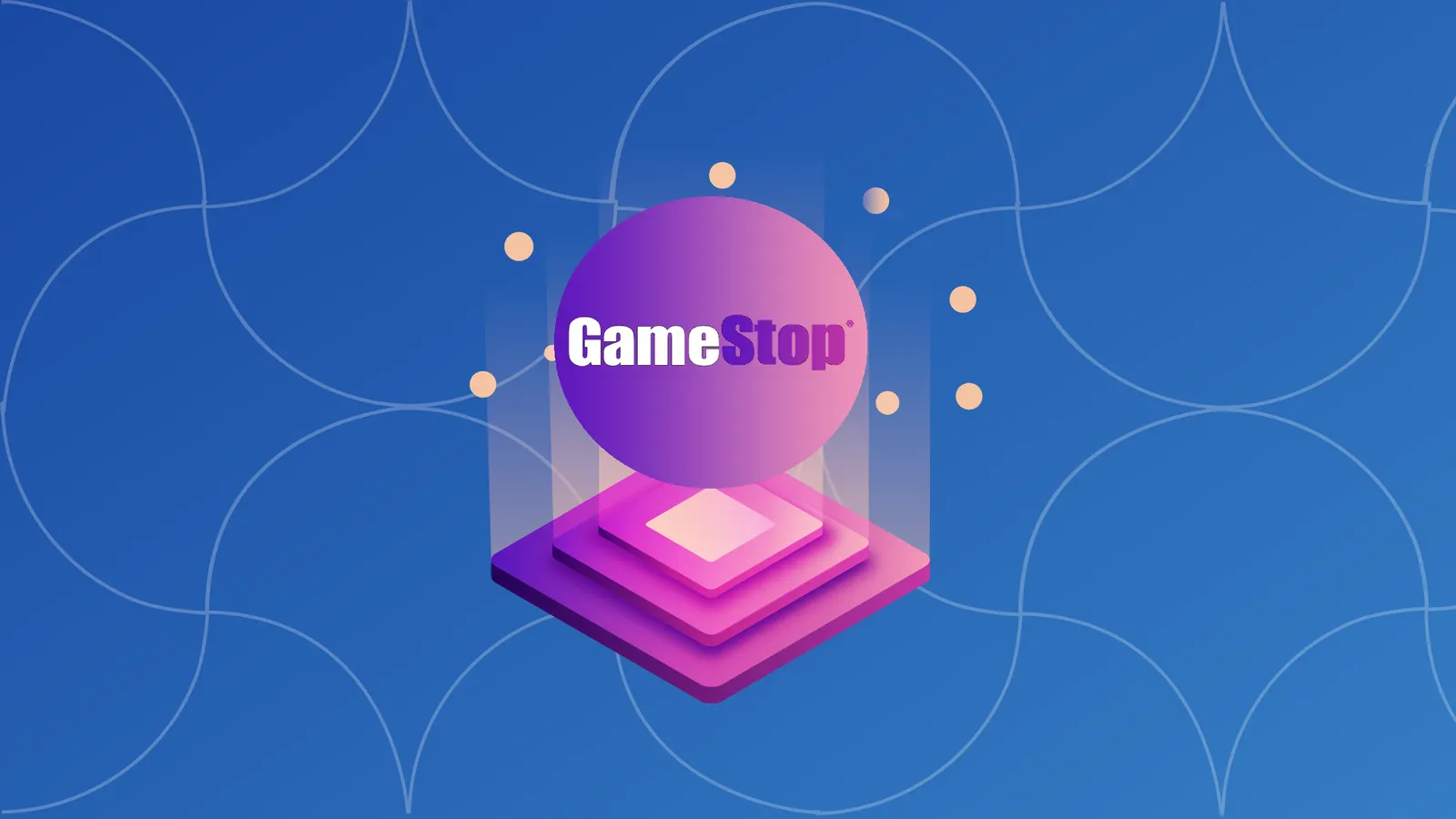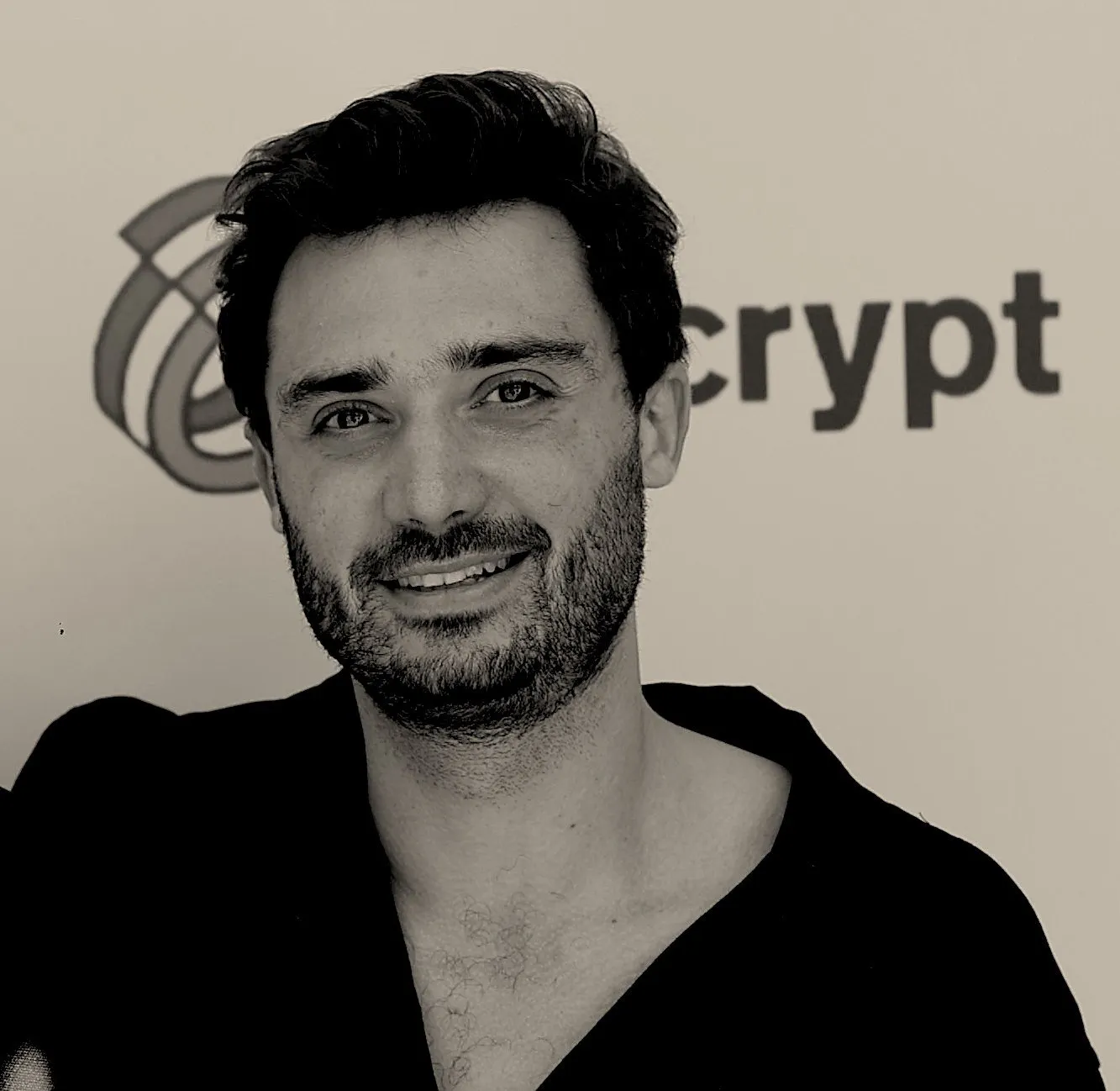In January 2021, video game retailer GameStop (GME) became the center of an unprecedented stock market phenomenon, as GME stock prices skyrocketed due to a massive short squeeze sparked by retail traders on Reddit’s r/WallStreetBets forum.
Here's what you need to know about GameStop and the GME saga.
What is GameStop?
GameStop is an American video game, consumer electronics, and gaming merchandise retailer. Founded in 1984 as Babbage's in Dallas, Texas, GameStop grew to become a major player in the retail gaming market. It has thousands of physical stores around the world, where gamers can buy, sell, and trade video games and consoles.
However, in recent years, GameStop faced significant challenges due to the digitalization of gaming and increasing competition from online retailers. Exacerbated by the 2020 COVID-19 pandemic and lockdowns, this led to declining sales and store closures, making GME a target for short sellers who bet against the company's stock.
r/WallStreetBets and the GME phenomenon
In late 2020 and early 2021, GameStop became the focal point of a massive coordinated buying effort initiated by retail investors on the Reddit forum r/WallStreetBets—including Keith Gill, also known as Roaring Kitty.
These investors aimed to trigger a short squeeze—a situation where short sellers are forced to buy shares to cover their positions, driving the stock price up further.
By January 2021, the movement had gained significant momentum. GameStop's stock price, which was around $17 at the beginning of the year, soared to an all-time high of $483 on January 28, 2021, fueled by a combination of retail investor enthusiasm, social media influence, and the financial strain on hedge funds that had heavily shorted the stock.
The aftermath
The GME surge led to enormous gains for some retail investors, while also causing substantial losses for certain hedge funds. It prompted a wave of trading restrictions on platforms like Robinhood, sparking debates about market fairness and regulatory oversight.
The meme stock mania became something of a pop culture moment, too, making household names out of traders like Roaring Kitty. There was even a 2023 feature film, “Dumb Money,” based on their exploits.
The GME phenomenon had several lasting impacts. Many new participants were drawn into the stock market by the meme stock phenomenon—especially younger investors using mobile apps such as Robinhood. Regulators and lawmakers increased their scrutiny of meme stocks and short selling practices. And GameStop itself leveraged its newfound attention and influx of capital to shift its focus towards e-commerce and digital ventures such as NFTs—with mixed results.
The future of GameStop
Following the r/WallStreetBets short squeeze, GameStop embarked on a bid to expand into NFT collectibles via a marketplace for digital assets and an Ethereum wallet. The strategy foundered as the broader NFT market lost momentum, with CEO Matt Furlong saying in December 2021 that it would put less focus on NFT and crypto-related efforts, amid layoffs in the crypto team.
Furlong was ousted as CEO in June 2023, with Chewy co-founder Ryan Cohen assuming the role of executive chairman. Under Cohen’s leadership, the company has embarked on a strategic pivot. The goal is to turn GameStop into a technology-driven company, focusing on e-commerce and leveraging its existing customer base.
In May 2024, interest in GameStop as a “meme stock” was briefly revived when r/WallStreetBets figurehead Roaring Kitty seemingly returned from a lengthy absence on social media.
Although the financial influencer didn’t directly reference GameStop, his apparent return was enough to spark a rally in stocks and crypto assets affiliated with his past exploits—including GameStop.
The second wave of meme stock mania was short-lived, however—though some lucky traders made bank trading GME options.
Editor's note
This article was written with the assistance of AI. Edited and fact-checked by Stephen Graves.


